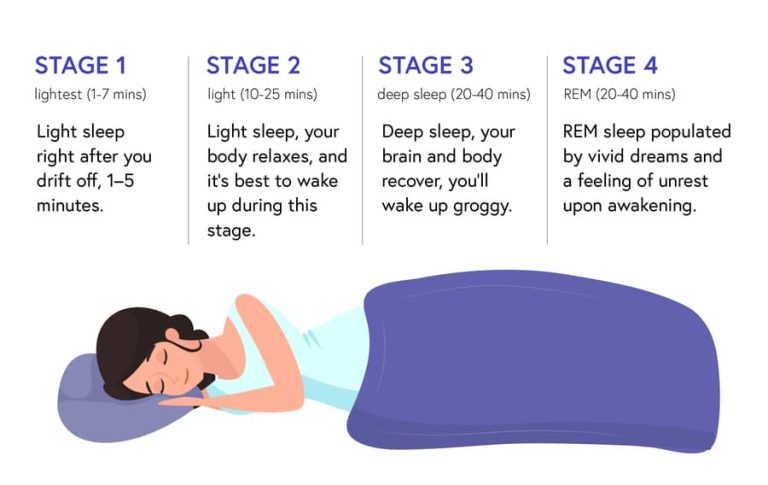I have ever wondered why you feel so refreshed or not after a night’s sleep. It’s all about deep sleep, the unsung hero of your nightly rest. Let’s dive into what deep sleep is, why it’s crucial, and how it impacts your health.
What Is Deep Sleep?
When you hit the hay, your body isn’t just resting; it’s working hard through different sleep stages. Deep sleep, also known as slow wave or delta sleep, is the stage where your body truly rejuvenates. It’s when your brain waves slow down significantly, making it tough to wake you up. If you do wake during this stage, you might feel a bit groggy, but don’t worry, it’s all part of the process.
The Stages of Sleep
Your sleep is divided into two main types: REM (rapid eye movement) and non-REM. Non-REM sleep is further broken down into three stages:
- Stage 1: Transition from wakefulness to sleep. You might feel like you’re drifting in and out of sleep.
- Stage 2: Light sleep, where your body starts to relax more deeply and your brain waves slow down.
- Stages 3 & 4: This is deep sleep, where your body is in its most restful state. Your heartbeat and breathing are at their slowest, and it’s hard to wake you up.
After going through these stages, you enter REM sleep, where dreaming occurs, and your brain activity picks up again.

Deep sleep isn’t just about feeling refreshed; it’s crucial for several reasons:
- Memory Boost: During deep sleep, your brain processes and stores information from the day, enhancing your memory and learning.
- Growth and Repair: The pituitary gland releases growth hormones during this stage, aiding in muscle growth and tissue repair.
- Energy Restoration: It helps restore energy levels and strengthen your immune system.
What If You’re Not Getting Enough?
Lack of deep sleep can lead to a host of issues, from memory problems to increased risk of chronic conditions like heart disease and Alzheimer’s disease. Deep sleep is also linked to sleep disorders like sleepwalking and night terrors.
While there’s no one-size-fits-all answer, younger adults generally need more deep sleep (around 2 hours per night) than older adults, who might get less. The amount of deep sleep you get tends to decrease with age.
How Can You Improve Your Deep Sleep?
Want to boost your deep sleep? Here are some tips:
- Stick to a Sleep Schedule: Go to bed and wake up at the same time every day.
- Get Moving: Regular exercise can improve sleep quality, but try to avoid intense workouts close to bedtime.
- Limit stimulants: Reduce caffeine and alcohol intake, especially in the evening.
- Create a Relaxing Routine: Wind down with a calming pre-sleep ritual, like reading or taking a bath.
- Optimize Your Sleep Environment: Make sure your bedroom is cool, dark, and quiet. Consider a new pillow if yours is getting old.
Deep sleep is essential for a healthy, energized life. By understanding and improving your deep sleep, you can enhance your overall well-being and wake up feeling truly refreshed.

